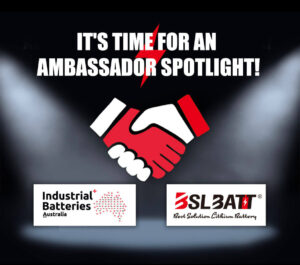
Industrial Batteries Australia Pty Ltd, Inc partners with BSLBATT
BSL Battery – Industrial, a world supplier of lithium-ion batteries for the material handling industry, just announced a partnership with

BSL Battery – Industrial, a world supplier of lithium-ion batteries for the material handling industry, just announced a partnership with
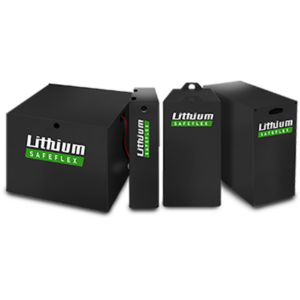
Green Cubes Technology to provide Lithium SAFEFlex batteries to power Doosan electric forklifts as sole Lithium-ion battery supplier of choice
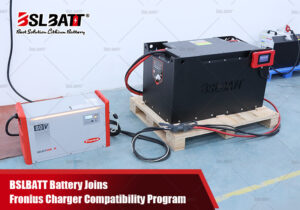
BSLBATT Battery has announced that it has joined Fronius Perfect Charging’s new partner program “Charger Compatibility”. The program provides BSLBATT
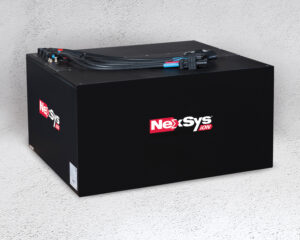
EnerSys®, the global provider of stored energy solutions for industrial applications, has expanded its line of virtually maintenance-free, high-performance NexSys®

Hyster Distributor – Yale Distributor Panama Grupo El Iman is a supplier of a full line of industry award-winning lift
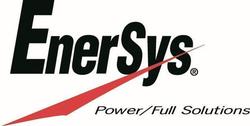
EnerSys®, the global provider in stored energy solutions for industrial applications, is pleased to announce the 24-Hour Quick Ship Program
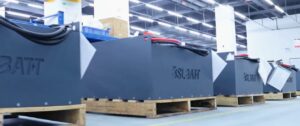
BSL recently interviewed Director Winston Suhermin of Bekasi – West Java Indonesia forklift dealer PT. Sarana Mitra Luas Tbk. We sat
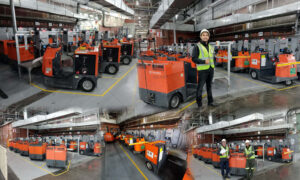
Today, BSL Battery in Huizhou, China, in cooperation with Eternity Technologies in South Africa has launched the first Toyota Air
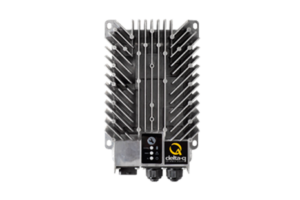
The RQ700, a 700 W battery charging solution, provides high-performance charging and machine uptime for battery-powered light e-mobility, industrial and
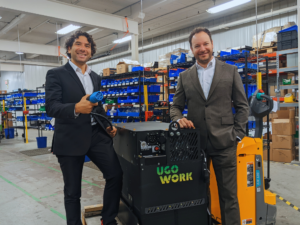
UgoWork receives $3.2 million in financing from the Government of Quebec’s Essor program to create quality jobs in the electrification of

Nano One and ONE to jointly develop Nano One’s LFP CAM for potential use in ONE’s LFP batteries. Collaboration aims
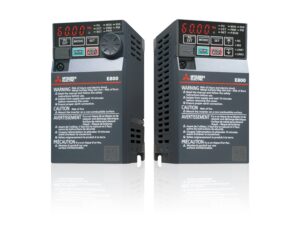
The FR-E810W inverter complements the existing FR-E800 series inverter family by operating from a 120V source – a common voltage
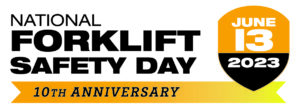
EnerSys® is honoring once again the Industrial Truck Association (ITA) in support of National Forklift Safety Day (NFSD), providing customers
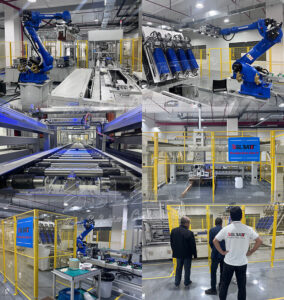
China’s manufacturing displays great power across the world. As one of the leading lithium Battery manufacturers in China, Specifically designed for perform
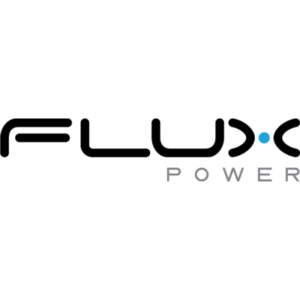
Third Quarter Fiscal 2023 Revenue Increased 14% to $15.1 Million Third Quarter Fiscal 2023 Gross Profit Increased 146% to $4.7
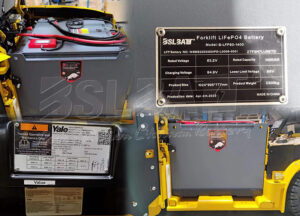
Industry Challenge A typical paper roll may be loaded, transported, and unloaded 4-16 times on its way from the paper

The XV3300 battery charger XV3300 battery charger is a 3-in-1 on-board charging system offering stellar performance and features, suited for

The California Air Resources Board (CARB) has updated the proposed new regulations aimed at achieving zero emissions from forklifts by

Flux Power Holdings, Inc., a developer of advanced lithium-ion energy storage solutions for the electrification of commercial and industrial equipment, has

Concentric, LLC, the national provider of DC power management for the material handling and critical power industries, announced today the